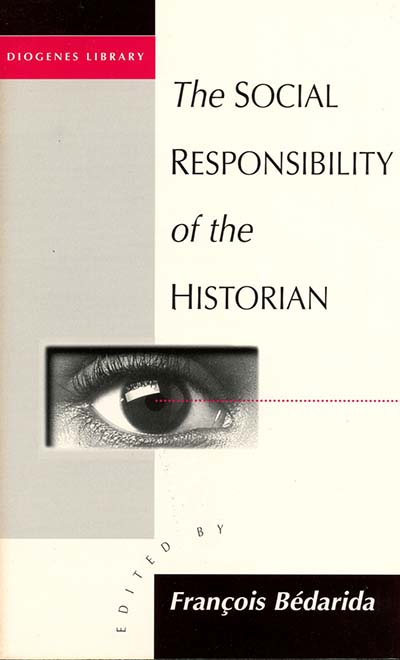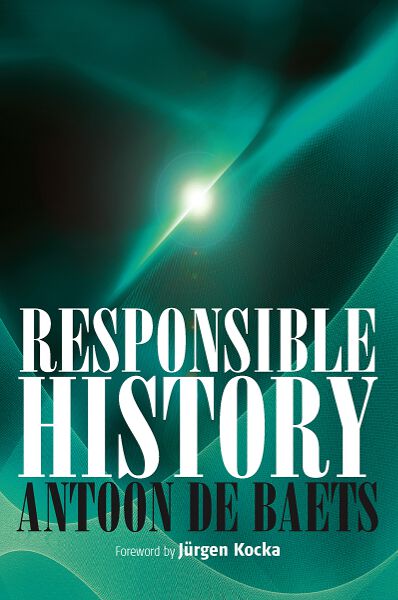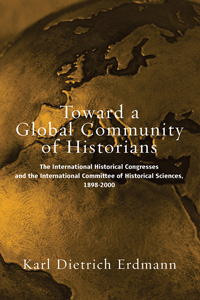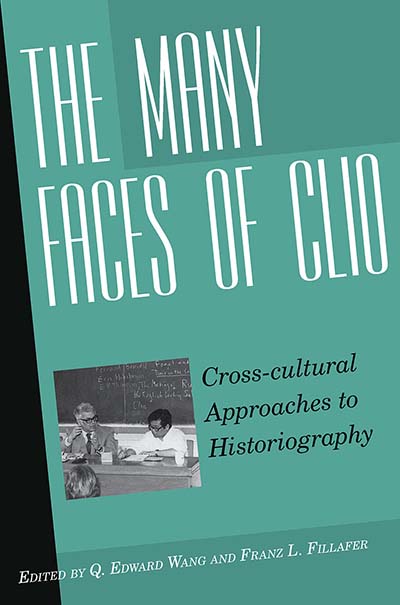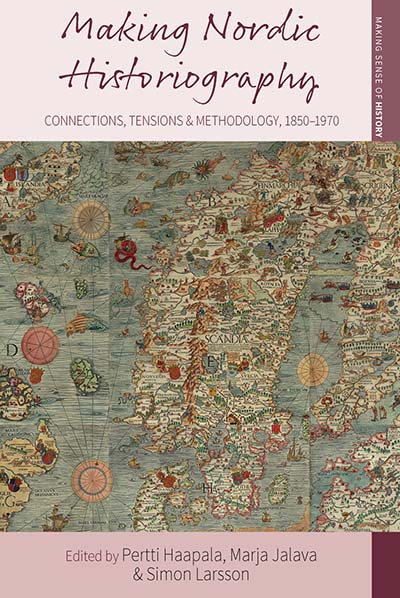
Series
Volume 32
Making Sense of History
See Related
History JournalsEmail Newsletters
Sign up for our email newsletters to get customized updates on new Berghahn publications.
Making Nordic Historiography
Connections, Tensions and Methodology, 1850-1970
Edited by Pertti Haapala, Marja Jalava, and Simon Larsson
332 pages, 1 table, bibliog., index
ISBN 978-1-78533-626-3 $135.00/£104.00 / Hb / Published (September 2017)
eISBN 978-1-80758-670-6 eBook
Reviews
“From the first pages of this volume’s introduction, it is clear that it is a carefully conceived and well-organized work of collaborative inquiry. It offers valuable insights into the mutual entanglement of nationalism and historiography.” · Koen Stapelbroek, University of Helsinki
“In its transnational analysis of historiographical developments in the Nordic countries during the nineteenth and twentieth centuries, Making Nordic Historiography undertakes a laudable project. It provides fresh perspectives on such topics as the rise of history as an academic profession, the relationship between history written by academics and history written by novelists and other ‘outsiders,’ and the role of historical research in processes of nation-building and state-building.” · Patrik Winton, Uppsala University
Description
Is there a “Nordic history”? If so, what are its origins, its scope, and its defining features? In this informative volume, scholars from all five Nordic nations tackle a notoriously problematic historical concept. Whether recounting Foucault’s departure from Sweden or tracing the rise of movements such as “aristocratic empiricism,” each contribution takes a deliberately transnational approach that is grounded in careful research, yielding rich, nuanced perspectives on shifting and contested historical terrain.
Pertti Haapala is Professor of History and Director of the Finnish Centre of Excellence in Historical Research at the University of Tampere in Finland. He has published widely on Finnish social history, methodology and historiography and has contributed to international anthologies such as War in Peace: Paramilitary Violence in Europe after the Great War (ed. Robert Gerwarth and John Horne, 2013) and The Finnish Civil War 1918: History, Memory, Legacy (ed. Tuomas Tepora and Aapo Roselius, 2014).
Marja Jalava is Senior Lecturer in political history at the University of Helsinki. Her recent publications on the history of historiography include the co-edited anthology Kirjoitettu kansakunta [The Written Nation] (2013). Her on-going research focuses on academic historiography, emotional habitus and political regimes in postwar Europe.
Simon Larsson is a researcher in the Department for the History of Science and Ideas, Uppsala University, Sweden. He is currently heading the research project “An example for all seasons?: The theory of history in contemporary economic thought,” funded by the Bank of Sweden tercentenary foundation. His recent publications in the field of historiography include A Circling of the Wagons: The 'Historical Method' and Disciplinary Boundaries in Boundaries of History ed. by Jan-Eivind Myhre (2015).

